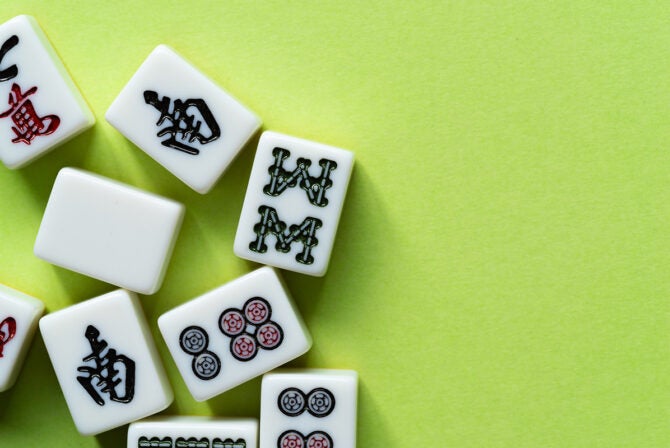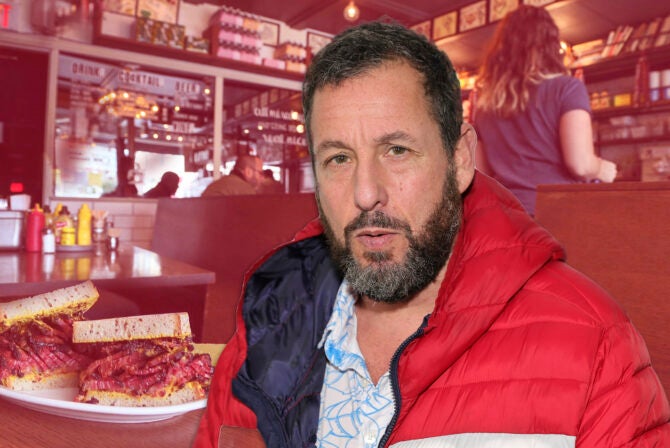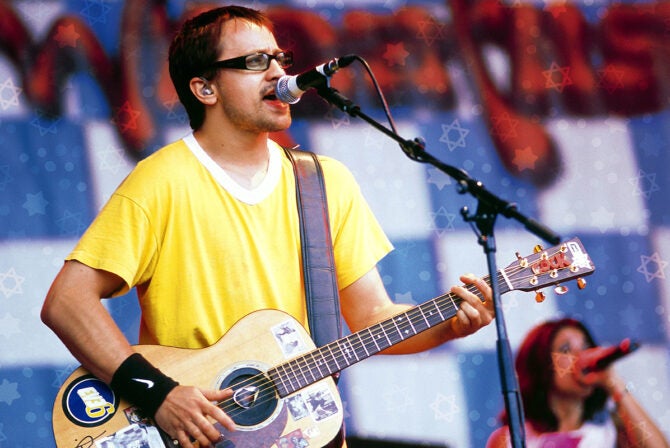My accidental research assistant works without pay, jumping at the chance to join me in intellectual endeavors and adventures. He enjoys exploring new places, makes friends immediately and feels no fear of imposition in the lifeworlds of others.
He is a toddler.
Toddlers and ethnographers have a lot in common, a similarly steep learning curve. Both have to learn fast, find their footing (literally, for toddlers) in a world they walk through anew. To toddle means to “stroll,” “totter” or “amble.” It also means to fall.
My toddler and I, we have learned to both walk and fall together across my research site of European mosques. Everyone seems shocked that an American Jewish woman like me would be able to come and go in these close-knit communities, but my son is my secret to success.
A toddler is an ideal research companion. He knows nothing of boundaries, bounding up to strangers without pause. He does not sense the baggage of relationships and disappointments, cultural differences or the categories we learn to see as ethnicity and race. The invisibility of these social entities to him makes their social construction obvious to me. He sticks his hands inside purses with glee—searching for chocolate, not gold—and without remorse. He unearths empathy from the deepest crevices of lives filled with antagonism and regret.
Female academics have come to see child-rearing as a disability, a strike against the possibility of tenure. All statistics support this unfortunate reality, that most women with children neither rise nor thrive in the academy. We make up a large percentage of underpaid, overeducated adjuncts. We are even taught by our mentors to hide the existence of our children on the job market, not to be pregnant (a career death wish) or overly invested in work-life balance (a socialist notion, at best).
I don’t want to say that being a mother has made me a better sociologist: it probably has not. I slept less, worked less, cried more in those first years of my son’s life than before.
Yet being a mother helped my research into a highly stigmatized, securitized and politicized population, reducing fear, building bridges and unearthing empathy otherwise neatly tucked away from my reach and yours.
I do not believe I could have formed the deep, warm relationships I did with research participants without my rounded belly. It was the London of 2014, a better time, but one in which Muslims already experienced incredible, incredulous amounts of social exclusion. I arrived on the communities’ doorstep seemingly lost, my badly-pinned headscarf heavy with the wet of rain. My stomach revealed me to be, not only woman or researcher, American or outsider, but almost a mother.
We mothers certainly have secret clubs. There are the glances of solidarity on cross-country flights with our toddlers who insist on touching the legs of the most unfriendly passengers over and over and over again. There is the belief, yes we DO believe, that anyone else who proclaims exhaustion knows nothing about exhaustion. There is love and fear and most importantly, a cutting vulnerability that comes with motherhood.
My rounded belly revealed that vulnerability, even under many layers of mismatched cloth. It shone through as I struggled with how to raise my imminent son. I cooked curries as a mother in mother Kasia’s kitchen, speaking to her of disappointment and loss, fanaticism and faith. Her two children appeared and disappeared, tucking small pieces of cake into napkins, slipping away.
An entire world opened to me in my encounters with mothers: it was the world of women that opened the door to working with Muslims more broadly in the European capitals I studied. There was no greater sign of this trust than Yasemin, a young mother of three young children who handed me her 3-month-old daughter, fat and spitting and simply walked away. We stood outside of the mosque in Berlin, me and this most precious small person, listening to the clink-clink-clink of old men tipping, then sipping their glasses of tea.
Five minutes passed, then 10. Yasmin had disappeared into the mosque, in search of a friend or a moment of repose. She emerged hurried yet refreshed, alleviating me of my companion, wiping spit from my dress before she simply walked away again.
In London, in 2016, the day after Brexit, I ran into Kasia inside of the East London Mosque. Fear of surveillance had overtaken the community, their madrasas raided, undercover journalists having violated their sanctuary by photographing praying women. Children complained to their parents that police officers had visited them at school, interrogating them on their opinions of terrorisms.
Kasia seemed afraid when she saw me, lightly embracing me and then backing away. She claimed she had to run, instead retreating to another room where she ate French fries and cooed at her newest baby boy. My son, now two, spun on the turquoise carpets of the large prayer room, chasing an older girl with delectable braids he aimed to pull and crayons he hoped to use to color the walls. Out of the corner of his eye, he spotted the French fries and like a moth to a flame, ran to embrace Kasia. He sat on her feet as she offered him her fare.
I approached, an opportunity, with an eye on my son. Kasia’s eyes revealed all that she had lost since we last saw one another: the hope to leave her husband, the dignity of her young children who were now potential suspects, the group of women she’d been part of having disintegrated thanks to the mundane duties of everyday life.
Her heart, broken, broke open again, she told me. Her fear, still present, lessened. She recounted the Brexit, her desire to turn inwards towards her family and away from others. My son tried to hold her hand. For macro sociologists, moments like this seem small. For ethnographers like me, such small moments matter most of all.
Once the smallest matter in my own life, the one kicking me from inside, has become one of the largest determinants of my gaining access to a stigmatized populace: proof that I am first a mother, before an American or New Yorker a Jew or a researcher or anything else. And he too, provides proof that we can circumvent boundaries, find ways through or beyond them. That we share something deep in our vulnerabilities towards and for our children. He is proof that while all statistics may pinpoint motherhood as a female academic’s Achilles heel, my weakness for my son has been my greatest strength as a researcher.







